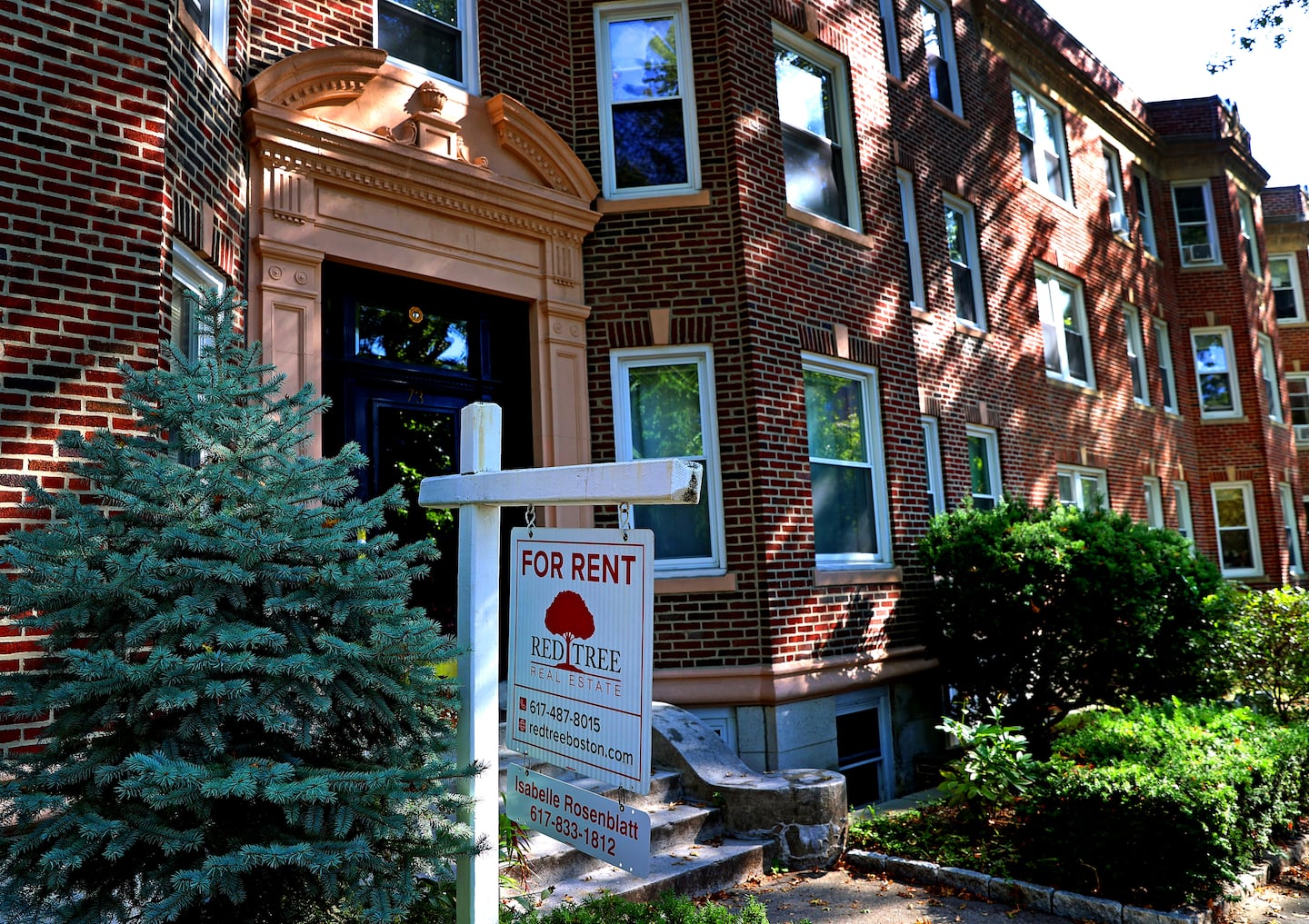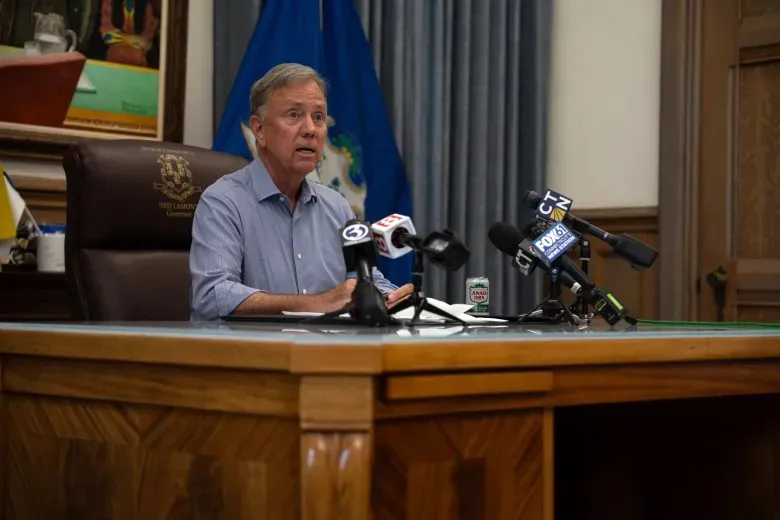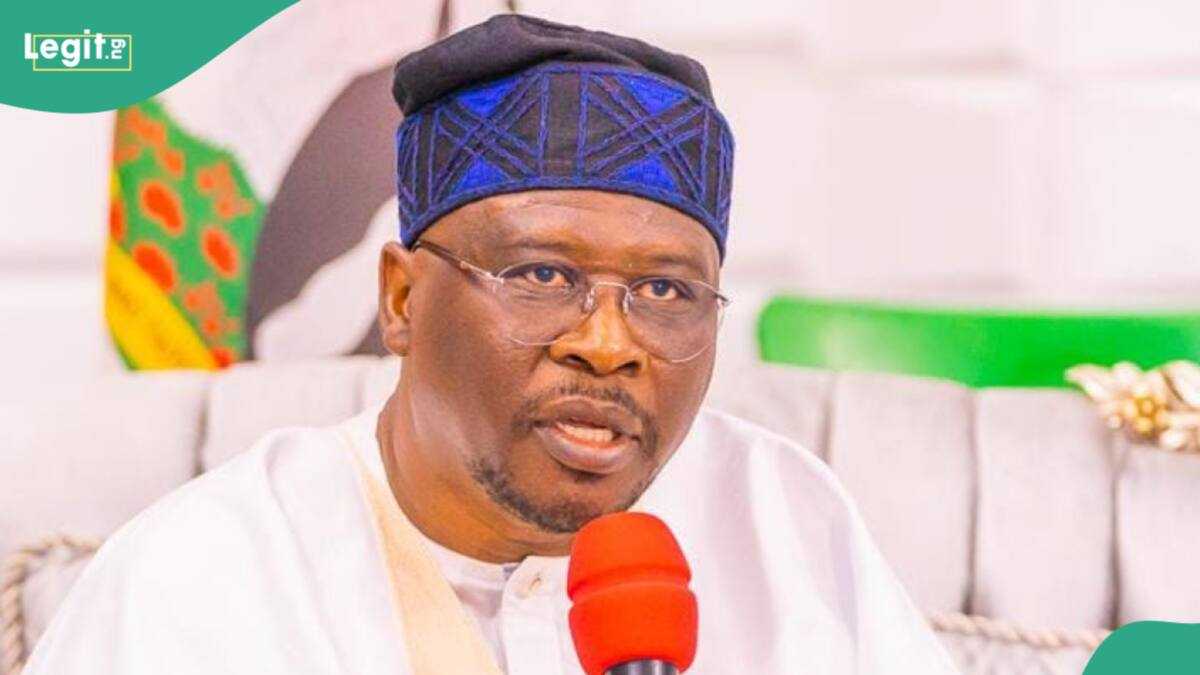By News Karnataka
Copyright newskarnataka

Hyderabad: The proposed $100,000 H-1B visa fee announced by former U.S. President Donald Trump has triggered a financial and emotional crisis for thousands of Indian tech students studying in the United States, particularly from Andhra Pradesh and Telangana, the top sending states for STEM graduates.
Impact on students and families
Many students, who had taken loans of up to ₹50 lakh to fund education in the U.S., are now facing severe financial uncertainty. One viral post on X captured the sentiment of Telugu students: “In 1 day, many lives changed from proud NRIs to poor Indians with ₹50 lakh loan.”
The new rule requires U.S. companies to pay $100,000 annually per H-1B worker. While it does not technically ban the visa, it makes hiring H-1B candidates unaffordable for most employers, especially startups and mid-tier tech firms that typically hire Optional Practical Training (OPT) graduates.
Collapse of OPT to H-1B pathway
Indian students on F-1 visas often rely on OPT to work in the U.S. for up to three years post-graduation, as a stepping stone to H-1B sponsorship. With the new fee, this pathway is now severely threatened.
Education costs for students from Andhra Pradesh and Telangana often range between ₹40–50 lakh ($48,000–$60,000), funded through family savings, loans, or mortgaged property. Some banks provide loans up to ₹1.5 crore ($180,000), assuming students will secure U.S. jobs to repay.
So USA indirectly banned H1B visas
As a Telugu guy, I know many students who took 40-50 lakhs loan & went to US for studies
Only option left for them is to come back to India with 50 lakhs loan
In 1 day, many lives changed from PROUD NRIs to POOR INDIANS with 50 lakhs loan
— Uday (@CoderUday) September 20, 2025
Families who had invested heavily in the American Dream now face the possibility of losing their savings and property, creating widespread distress.
Corporate responses
Internal memos from companies like Microsoft and JPMorgan have advised H-1B employees abroad to return to the U.S. before the rule takes effect, while recruiters are reportedly stalling and rescinding offers. Students nearing graduation are left with a tough choice: either leave the U.S. without a job or stay and accumulate further debt.
Broader implications
Experts say the fee will disproportionately affect Indian STEM graduates, who account for a significant portion of H-1B visa holders. The move could also impact U.S. tech innovation, as startups and mid-sized firms rely heavily on highly skilled Indian talent.
While some see this as an opportunity for India to retain skilled graduates domestically, for students and families currently invested in U.S. education, the announcement has created an unprecedented financial and emotional shock.



